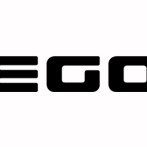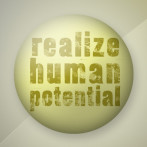Choosing the Change
Ah, change. The word that gets bandied about all circles of life and work as if it were some distinct event you could simply point to. In both business and life, the idea of change can lead to all sorts of responses, some eager and enthusiastic, others anxious and fearful. But, with all the current discussion about the word “change” I think we miss a very obvious truth–continuous change is the unavoidable nature of everything here on Earth. Change, whether physical or temporal, is constantly and steadily occurring whether we wish it or not. Therefore, experiential states such as status quo or stasis, in reality, are not even possible. The question then becomes, is the change that’s occurring one that is desired or not? If change is a naturally occurring and ever present phenomenon, how important is choice to the process? I would suggest it is mightily important. Choice is the voluntary component here, not change. Choice is where we have the power to influence and guide change. Change is the canvas, choice is the brushstroke. This is not to say that our choices have the power to completely rule or govern change, but they can and do have impact. Choice is the way we exert intentional influence. In business and in life, our choices help us to guide the change we desire. That is why conscious choice is so very critical. Awareness helps to illuminate the landscape and lead us to the most mindful choices available. We are no longer hemmed in by a sense of powerlessness to the unfolding aspects of change. Conscious choice is a powerful instrument and available to us all. Of course, many choices are unconscious. Choosing not to choose is, in effect, a choice. Choosing not to look deeper, to not tell the truth or to ignore a situation, are also choices. Conscious choice is different. It relies on and invites the truth in, it widens the lens and is open to that which appears without judgment. Further, it looks beyond self to include others. Conscious choice is an amazing tool to use in a changing world. Like it or not, change is a given. Conscious choice is…a choice. What conscious choices would you like to make right now…in your work life? In your personal life? Interested in learning to choose more consciously? If so, you’re invited to partake in a 30 minute one to one coaching conversation entitled Choosing Consciously. The call is complimentary and designed to help you get...
Read More





